On October 24, 2023, the Toronto Mennonite Theological Centre (TMTC) held a virtual closing ceremony to mark the end of its 33-year existence. The centre’s mandate was to develop theological leadership for church and academy, by supporting Mennonite graduate students in theology, biblical studies and related fields. It worked primarily with students at the ecumenical Toronto School of Theology (TST). As I reflect on what was shared at this closing ceremony, it is evident that TMTC has made important, often behind-the-scenes, contributions to the Mennonite theological ecosystem.
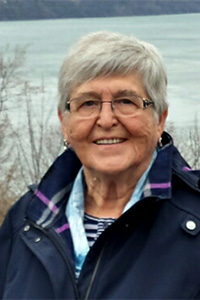
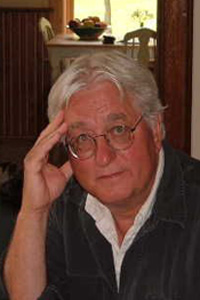
TMTC was founded in 1990 by several Mennonite denominational entities and postsecondary educational institutions, reflecting binational commitments to advanced theological education. But financial sustainability was a perennial challenge. Conrad Grebel University College assumed the responsibility to run TMTC in 2000 on behalf of the other institutions. The decision to close was made for financial reasons.
TMTC’s character was deeply defined by two leaders. A. James Reimer, the founding director and long-time Grebel faculty member, who passed away in 2010, was passionate about bringing Anabaptist-Mennonite perspectives to ecumenical theological education. But it was equally important for such an institution to facilitate critical Mennonite learning from other Christian traditions, as well as other faiths. He taught many courses in Toronto, supervised many students (though TMTC did not admit students or grant degrees), and organized public forums on key issues, such as how to respond to the September 11 attacks.
Lydia Neufeld Harder also taught and advised students, but her passion as director was in creating community among students, helping them connect their studies to faith and church. At the closing ceremony, she reflected on a short-lived program she designed to place graduate students in churches as teachers, with mentoring and financial support. Her vision was also realized in biennial Mennonite Graduate Student Conferences, which brought together students from across North America and beyond to learn from each other.
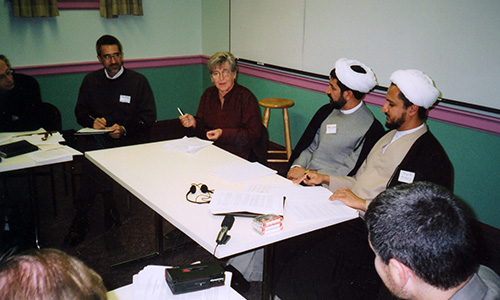
[Supplied]
In the 1990s and 2000s, a Mennonite Central Committee student exchange brought two Iranian Shia Muslim doctoral students to study at TST, whom TMTC hosted. At the closing ceremony, Phil Enns spoke of how his relationship with the Iranian students in the 2000s shaped his own career trajectory in which he taught and led academic programs in Nigeria, Indonesia, Kazakhstan and Myanmar.
Irma Fast Dueck, professor at Canadian Mennonite University (CMU), recalled how TMTC helped her as a doctoral student convene a symposium on worship and ethics, two themes not often integrated in the Mennonite tradition. Former TMTC director Kyle Gingerich Hiebert commented that in an undergraduate course he took at CMU, Irma Fast Dueck taught in a way he only later learned was deeply shaped by her own learning at TST and TMTC. The impact of TMTC has often been hard to pinpoint and may become more evident in hindsight.
Kim Penner, a Mennonite pastor in Kitchener, reflected on the importance of the Women’s Group at TMTC. In light of how Mennonite theology and institutions perpetuate male privilege, such a group was key for her personal support as well as the development of alternative visions for theology. Current doctoral student and ordained Mennonite minister Hyejung Jessie Yum spoke of feeling affirmed as the first racialized woman to receive TMTC’s A. James Reimer Scholarship, a competitive annual award of $10,000.
TMTC significantly shaped my own life. It was a major factor in my decision to study theology in Toronto. I valued the support of this community, especially the monthly student gatherings, during the often-isolating experience of doctoral studies. I have served in various staff roles and as a faculty advisor for several Mennonite doctoral students. Relationships I formed back at the first Mennonite Graduate Student Conference in 2002 led to a collaboration that resulted in the 2020 book Recovering from the Anabaptist Vision. That project showed how a commitment to the Anabaptist tradition requires criticism of it. It also showed how seeds planted by TMTC may bear fruit decades later.
In addition to its personal impact on over a hundred graduate students, dozens of people affiliated with TMTC have since served various institutions as professors, pastors and administrators.
Through teaching, student research and conferences, TMTC also shaped a theological agenda. It helped deepen the relationship between Mennonites and classical theology, especially the integration of liturgical practices, trinitarian identity of God, ecumenical reconciliation and a wider range of Christian voices within Mennonite spaces.
Second, TMTC supported the development of Mennonite feminist theology. By giving attention to the ethical implications of language for God, and how churches talk about human suffering, this approach highlights the importance of human experience in the practice of theology.
Third, the engagement with Islam led to a series of still-ongoing academic dialogues between Mennonites and Iranian Shia Muslims, but also teacher exchanges and learning tours.
Fourth, several doctoral students have recently written dissertations examining various blind spots within Mennonite peace theology in particular. While peace theology has typically focused on nonviolent witness against external forms of power, these students rightly argue it needs to be reconstructed in order to address the violence it has hidden and fostered against LGBTQ+ persons, racialized persons, Indigenous persons and victims of sexual violence within Mennonite communities.
Though I lament the closing of TMTC, its legacy will continue through the work of the theological leaders it formed and their dynamic engagement with theology from a Mennonite perspective.
Jeremy Bergen was the last director of the Toronto Mennonite Theological Centre and is a faculty member at Conrad Grebel University College.


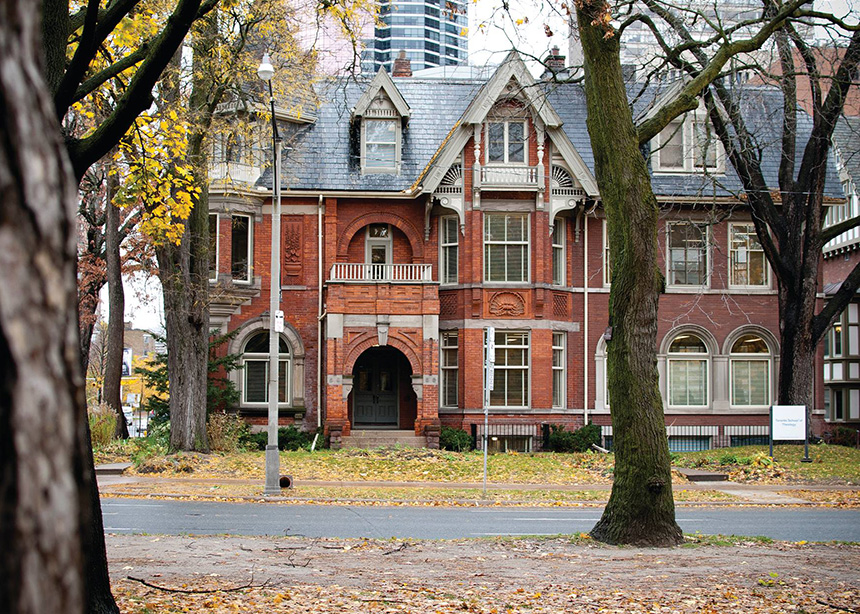


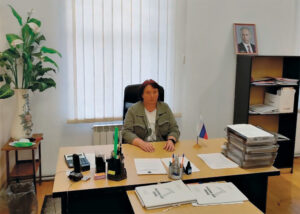


Leave a Reply
You must be logged in to post a comment.